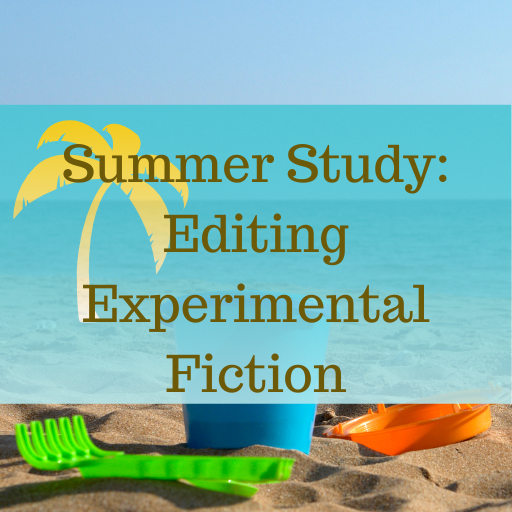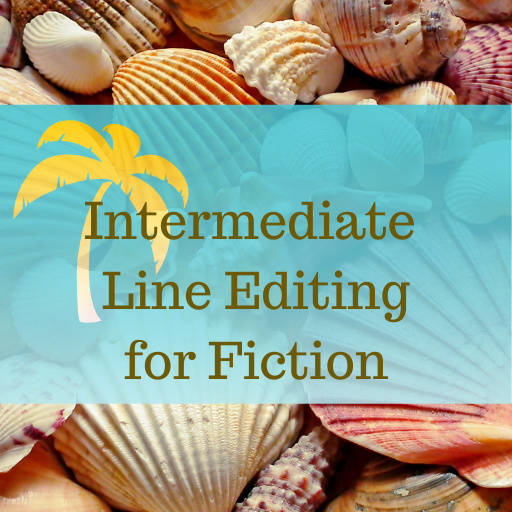Working with publishers versus indie clients
Editors often want to freelance for book publishers and packagers as a way to have reliable clients who provide ongoing work. But there are some differences in working directly for the client (as with an indie author) and working for a publisher.
When I’m doing a developmental edit for a book publisher, I usually have a much more extensive familiarity with the acquisitions editor than with the author, so while I’m careful to keep my queries and comments neutral and polite, as far as I’m concerned, authors come and go. It’s the acquisitions editor I have to keep happy. I make sure I understand what the AE wants, how this book fits in with a series (if it does), what it’s supposed to accomplish, who its audience is intended to be, and so on.
I rarely have any opportunity to have a conversation with the author about how the project came about or what they are trying to achieve with it, though I will usually be part of an introductory phone call where we hash out logistics. There’s little personal connection and I generally have almost no sense of what the author is like in “real” life. I don’t have to have that to do the editing job. It helps, but it’s not imperative.
However, over the years a fair amount of my editing work has come from individual clients—people who are working on book proposals, novel manuscripts, memoirs, you name it. They’re trying to make their work commercially salable, but they’re also (usually) trying to achieve a vision for the project. They have a dream of what the book is going to be, and they want me to help them achieve it. They don’t want an uncredited coauthor, they want a mentor. My job is equal parts offering information from my experience, providing feedback on their project, and holding their hand.
In every case, you have to edit the project you have according to the expectations of the audience and the client. You can’t make it the project you wish you had or the story you would have written. Editing is not about being right, or proving that you’re right, but about helping your client create a ms that matches their vision and appeals to its audience.
When you work for a publisher, you’re usually freer to make changes to a manuscript and to suggest revisions to ensure the ms adheres to the publisher’s expectations, whereas if you’re working directly with the author, your goal is to help the author create the most polished work they are capable of creating, which is another thing altogether.
For example, if you’re editing a romance for a publisher, you can insist that the development of the love relationship must take center stage (that’s what a romance is, after all!) and show the author various ways this might be accomplished. If the author doesn’t find a way to meet these requirements, the publisher can cancel the book. Everyone involved in the process understands this, so everyone (ideally) works together to accomplish the goals.
That’s not the case when the author is your direct client. You can suggest, as a consultant, that romance readers will expect the love relationship to take center stage, and you can offer ideas for how such a revision can be accomplished, but you’re in no position to insist on anything. That’s not your role.
In general (this is not always the case), an indie author will need more hand-holding and less criticism. If they wanted to deal with gate-keepers, they’d be pursuing traditional publication. So you can’t act like a gate-keeper. You have to be their cheerleader and their teammate.
One question I’m often asked is, “If you’re editing for a publisher, can you phrase queries to say something like, ‘The publisher has asked that you overhaul x and y’? Or would the publisher have already communicated that to the author?”
This question is more complex than it may first appear. It will sound strange but you can’t actually assume the AE has read the full ms very closely. So, you can’t assume that the AE knows more about the project than you do. (The reason this happens is authors can be contracted for several books and the AE just passed the second one in the series off to you; or they can be contracted based on a proposal, but not the full ms and the full ms is just passed along to you; or the AE can have a crunch of deadlines, etc., so that a particular ms may not get much attention.)
In general, though, you and the AE will decide before you start your edit what the main issues you’ll need to address are. Sometimes the AE will have a list of things for you to attend to but most often you’ll work this out together.
What that means is that what you (the DE) say in your revision letter is what the AE/publisher will enforce as the standard for manuscript acceptance. That doesn’t mean the author can’t decide to reject an edit or can’t solve a problem in a different way or anything like that. It does mean that if the author hasn’t delivered a satisfactory revision, and it can be shown that they did not follow the revision letter, then the contract can be vacated. This is made clear to the author during the contracting process (and is almost always a clause in the contract—a “satisfactory revision” being one that basically meets the guidance you give in the revision letter.)
This doesn’t mean that you have to dump everything into the revision letter. On the contrary, you need to focus on those most crucial items that, if addressed, would greatly improve the ms. It does mean that you have to be sure that you’re clearly addressing each of the main dev issues in the revision letter.
The author is going to know that publication is contingent on a successful revision so you don’t need to state that. At the same time, the author also knows they have some leeway in how they do the revision. Occasionally the AE will decide (or you and the AE will decide together) that some items are deal-breakers. Those are items that allow no wiggle room. The author must address them or the book is doomed. You do need to call these out in the revision letter.
Generally, but not always, these are items the AE and the author already have agreed about, so you just remind the AU of that: “As you and AE agreed, the ms needs to be rewritten in the third person . . . .”
Sometimes you may discover things that were not discussed with the author ahead of time but which are important enough to be deal-breakers. You should discuss those with the AE before you deliver the edit and work out, with the AE, the language you’ll use in the revision letter: “Author, during my edit, I reached the conclusion that the part where you kill off the main character and let his dog tell the rest of the story does not work as well as you had hoped. I talked to AE and we agreed that this does need to change before publication. . . .”
If the nonnegotiables have been discussed ahead of time then you just remind the author that they “need to” make a certain change (as opposed to “consider making”). If the author returns a revision without the necessary changes, you will want to make sure the AE’s got your back before you say anything, then get the right language from the AE. For example, you would ask, “AE, you mentioned that the dog’s perspective has to go. The author is pushing back. Is this something I need to insist on?”
If it’s not a deal-breaker but the AE would really like to see the change, you would say something like that: “AE would really like to see Brenda take actions that would distinguish her from a mushroom so I’ve indicated places throughout where she could be shown doing something other than hiding under a log . . . .” (Perhaps more diplomatically stated than that.)
We would rarely just say “the publisher requires/insists” although sometimes the AE may ask us to do so. (That’s actually more common in NF than in fiction.)
One caveat: in the interests of not insulting people if you don’t have to, never ask the AE if they actually read the ms or how closely they read it or express surprise that they didn’t notice a glaring problem that you’ve spotted. You don’t want to put the AE on the spot or make the AE feel criticized (that’s not your role; you’re not their supervisor). I’m merely suggesting that you shouldn’t assume the AE has carefully read the ms. If you spot a big problem but the AE hasn’t mentioned it, don’t assume, “Well, if the AE wanted me to fix it they would have said so.” Maybe, maybe not.
When I’m working directly for the author and I’ve established a friendly rapport with them, I’ll be a little more relaxed in my approach, but I’m always mindful that a manuscript is a precious child to the author and just as you wouldn’t make fun of the bug eyes on someone’s kid, you don’t use their manuscript as a source of levity, even if you’re sure the author will find your remarks as hilarious as you do.
With an indie author, I usually have a conversation before I begin the edit where I find out the author’s purpose. This helps guide my edit. What is the ms intended to do? If it’s an inspirational novel, it should have an uplifting message. If it’s a romance, it must have a happily-ever-after.
I always ask for any supporting material the author has, such as a query letter (sent to an agent if the author is seeking traditional publication), book blurb (the brief description found on the back cover of a book or in the online catalog for it), and/or chapter summary/synopsis. These supplemental materials can alert me to a disconnect between what the author thinks they have and what they actually do have.
Join the Club!
New to story editing? Begin at the beginning.





